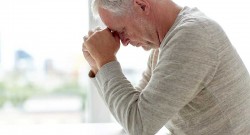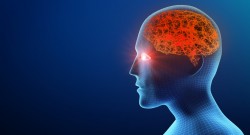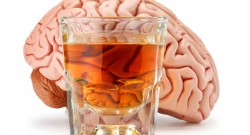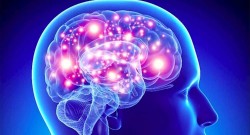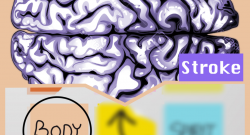Medical
Get Your Memory Back After Stroke or TBI
Memory loss is a common symptom after TBI or stroke, but there are things you can do to help get your memory back.
Sexuality After Traumatic Brain Injury
Changes in sexual functioning are common after TBI. If you are experiencing sexual problems, there are things you can do to help resolve these problems. The information below describes common sexual p...
Debunking the myths about Brain Injury
Brain injury recovery is not a straight line – there are ups and downs and a plateau may occur, but that doesn’t mean recovery has stopped! Brain injury, whether from TBI or stroke, is a complex ...
What are the effects of a brain injury on future life?
The effects of severe brain injury can be long lasting or even permanent. While recovery and rehabilitation are possible, most people with brain injury face life challenges that will require them to a...
Alcohol Use After Brain Injury
After a TBI or Stroke the brain can become more sensitive to the effects of alcohol. What can be expected after your recovery?
Music therapy for stroke patients ‘improves brain and motor function’
Music therapy can help improve brain and motor function in stroke patients, scientists say. Trial finds stroke patients’ brain and motor functions improve when they are given music therapy in addition...
Am I likely to have seizures after my stroke?
In the first few weeks after a stroke, some survivors have seizures — a sign of brain injury caused by sudden disorganized electrical activity.
How Creative Art Therapy Helps Stroke and TBI Patients
After suffering a stroke or brain injury, patients often experience communication problems, emotional disturbance and loss of motor function. The National Stroke Strategy (DOH 2007) provided that ind...
What Is Spasticity And How Do You Treat It?
Treating spasticity is essential to regain normal arm and leg movement.
- 1
- 2

